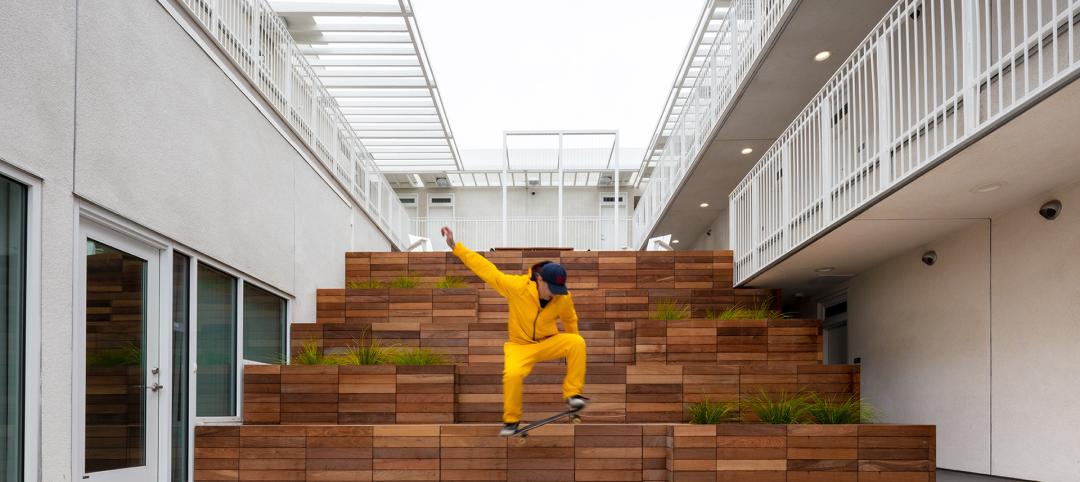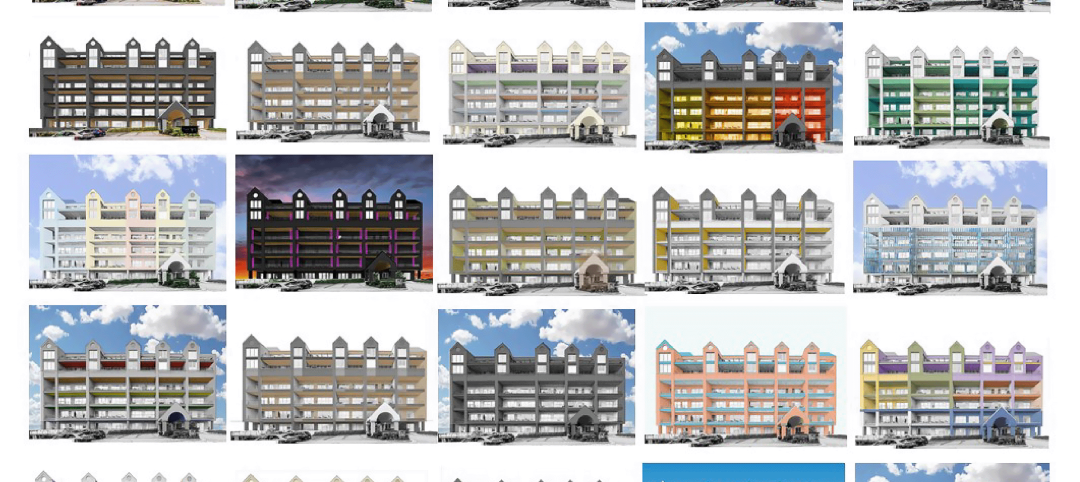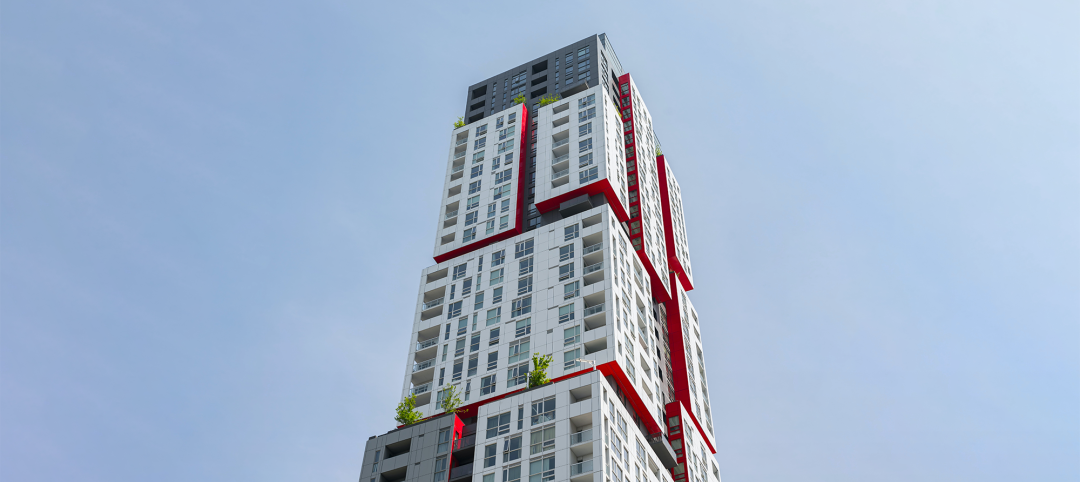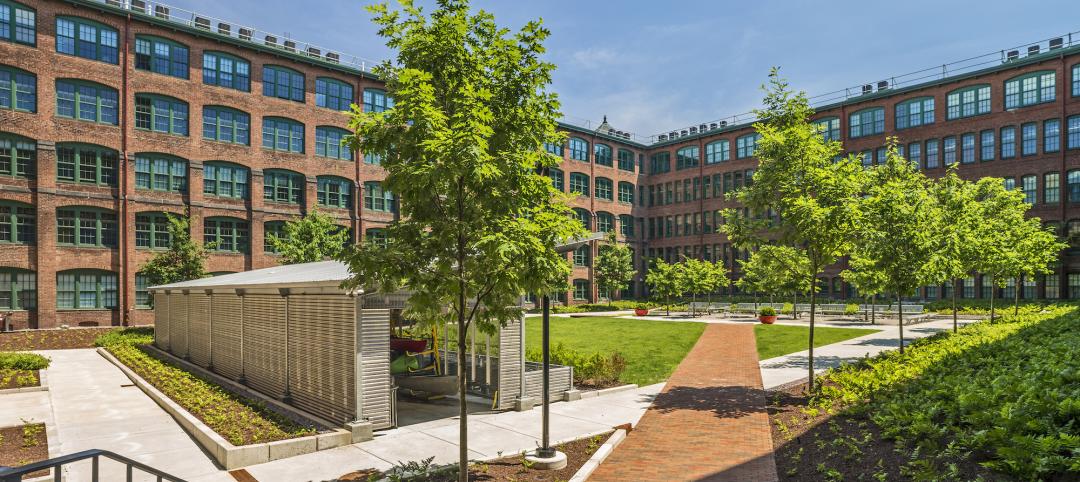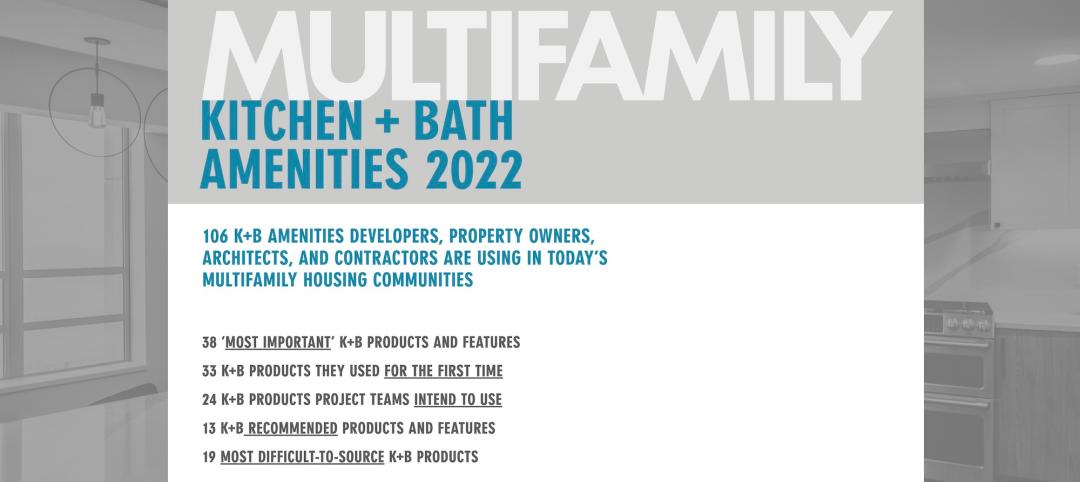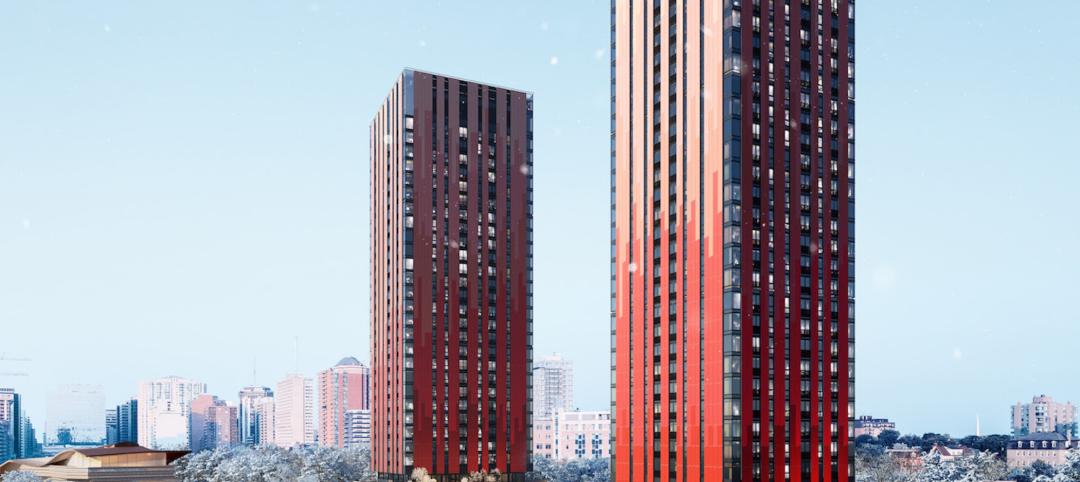Kaiser Permanente has entered into a partnership with Community Solutions to accelerate efforts to end chronic homelessness in 15 communities within the healthcare system’s national footprint.
Over the next three years, Kaiser Permanente will provide $3 million to Community Solutions’ Built for Zero initiative, which since 2015 has used real-time data and existing resources to help 10 communities house more than 65,227 veterans and another 38,583 chronically homeless Americans. The organization estimates that, on any given night, as many as 125,000 people are chronically homeless in America today.
A spokesperson for Community Solutions, Jake McGuire, tells BD+C that his organization’s purpose is to assist communities in pulling together homeless information into one database that would be updated monthly, as the first step toward devising testable strategies to address homelessness.
Those solutions will vary by community. But the goal is to place homeless individuals and families into permanent housing with appropriate support services and case management. McGuire says that it’s less about building new apartments than about unifying a community’s disparate efforts to reduce chronic homelessness.
Kaiser Permanente is one of several partners working with Community Solutions. Others include The Home Depot Foundation, JPMorgan Chase & Co., The Ballmer Group, and Tableau Foundation, which provides data analytics software.
Six of the 15 Kaiser Permanent communities participating in Built for Zero are in California: Sacramento and Sacramento County, Marin County, Richmond and Contra Costa County, Fresno and Madera County, Santa Cruz, Watsonville, and Santa Cruz County; Bakersfield and Kern County, and Riverside County. The other participating markets are Washington D.C., Baltimore, Montgomery County, Md., Arlington County, Va., Fairfax, Va., Denver, Atlanta, and Honolulu.
Rosanne Haggerty (center), president of Community Solutions, speaking at Austin's South by Southwest Conference, where she announced a partnership with Kaiser Permanente, whose Chief Community Health Officer Bechara Choucair is sitting to her right. Bobby Watts, CEO, National Health Care for the Homeless Council, is to Haggerty's left. Image: Community Solutions.
The news of the alliance between Kaiser and Community Solutions was made public today during a panel discussion at the South by Southwest Conference in Austin, Texas. The panelists were Bechara Choucair, M.D., Chief Community Health Officer for Kaiser Permanente; Bobby Watts, CEO of the National Health Care for the Homeless Council; Laurel Blatchford, president of Enterprise Community Partners; and Rosanne Haggerty, president of Community Solutions.
In January, Kaiser Permanente announced separately its commitment to house 500 chronically homeless people over the age of 50 in Oakland, Calif. Last year, Kaiser created its Thriving Communities Fund, a $200 million investment fund focused on addressing affordable housing and other factors that contribute to homelessness.
There are just under 553,000 people who, on a given night, are homeless in the U.S. Approximately 35% are them are unsheltered, according to the U.S. Department of Housing and Urban Development. About 36,000 of these homeless are unaccompanied youths under 25 years old. Half of all homeless people are located in five states: California, New York, Florida, Texas, and Washington
HUD estimates that while chronic homelessness—i.e., someone with a disability who has been homeless for at least a year—is considerably below what it was a decade ago, it has been inching up over the past two years. HUD estimates that nearly one quarter (24%) of all homeless people experience chronic patterns of homelessness, and nearly two-third of these chronically homeless are unsheltered.
The persistent shortage of affordable housing in the U.S. hasn’t helped matters. While the connection between affordability and homelessness may not be as palpable as it was during the last recession—when nearly four million homes were foreclosed each year—many people nevertheless are worried that affordable shelter, either owned or rented, seems out of reach for so many.
Nearly three out of four American households believe the nation is suffering from a housing affordability crisis, according to a representative survey of 2,203 adults that the National Association of Home Builders conducted last November. Seventy-three percent of those polled said that a lack of affordable housing was a problem in the U.S., 68% said this was an issue in their state, and 54% saw it as an issue in the neighborhood.
Related Stories
Multifamily Housing | Dec 20, 2022
Brooks + Scarpa-designed apartment provides affordable housing to young people aging out of support facilities
In Venice, Calif., the recently completed Rose Apartments provides affordable housing to young people who age out of youth facilities and often end up living on the street. Designed by Brooks + Scarpa, the four-story, 35-unit mixed-use apartment building will house transitional aged youths.
Coatings | Dec 20, 2022
The Pier Condominiums — What's old is new again!
When word was out that the condominium association was planning to carry out a refresh of the Pier Condominiums on Fort Norfolk, Hanbury jumped at the chance to remake what had become a tired, faded project.
Cladding and Facade Systems | Dec 20, 2022
Acoustic design considerations at the building envelope
Acentech's Ben Markham identifies the primary concerns with acoustic performance at the building envelope and offers proven solutions for mitigating acoustic issues.
Self-Storage Facilities | Dec 16, 2022
Self-storage development booms in high multifamily construction areas
A 2022 RentCafe analysis finds that self-storage units swelled in conjunction with metros’ growth in apartment complexes.
Sponsored | Resiliency | Dec 14, 2022
Flood protection: What building owners need to know to protect their properties
This course from Walter P Moore examines numerous flood protection approaches and building owner needs before delving into the flood protection process. Determining the flood resilience of a property can provide a good understanding of risk associated costs.
Sponsored | Multifamily Housing | Dec 14, 2022
Urban housing revival: 3 creative multifamily housing renovations
This continuing education course from Bruner/Cott & Associates highlights three compelling projects that involve reimagining unlikely buildings for compelling multifamily housing developments.
Multifamily Housing | Dec 13, 2022
Top 106 multifamily housing kitchen and bath amenities – get the full report (FREE!)
Multifamily Design+Construction's inaugural “Kitchen+Bath Survey” of multifamily developers, architects, contractors, and others made it clear that supply chain problems are impacting multifamily housing projects.
Mixed-Use | Dec 7, 2022
Bjarke Ingels’ first design project in South America is poised to open next year in Ecuador
In 2013, Quito, Ecuador’s capital, opened its new airport, which had been relocated from the metro’s center to an agricultural site 12 miles northeast of the city. Since then, Quito’s skyline has been reshaped by new, vertical structures that include the 24-story mixed-use EPIQ Residences, designed in the shape of a quarter circle by Bjarke Ingels Group (BIG).
High-rise Construction | Dec 7, 2022
SOM reveals its design for Singapore’s tallest skyscraper
Skidmore, Owings & Merrill (SOM) has revealed its design for 8 Shenton Way—a mixed-use tower that will stand 63 stories and 305 meters (1,000 feet) high, becoming Singapore’s tallest skyscraper. The design team also plans to make the building one of Asia’s most sustainable skyscrapers. The tower incorporates post-pandemic design features.
Multifamily Housing | Dec 7, 2022
Canada’s largest net-zero carbon residential community to include affordable units
The newly unveiled design for Canada’s largest net-zero carbon residential community includes two towers that will create a new destination within Ottawa and form a striking gateway into LeBreton Flats. The development will be transit-oriented, mixed-income, mixed-use, and include unprecedented sustainability targets. Dream LeBreton is a partnership between real estate companies Dream Asset Management, Dream Impact, and local non-profit MultiFaith Housing Initiative.



